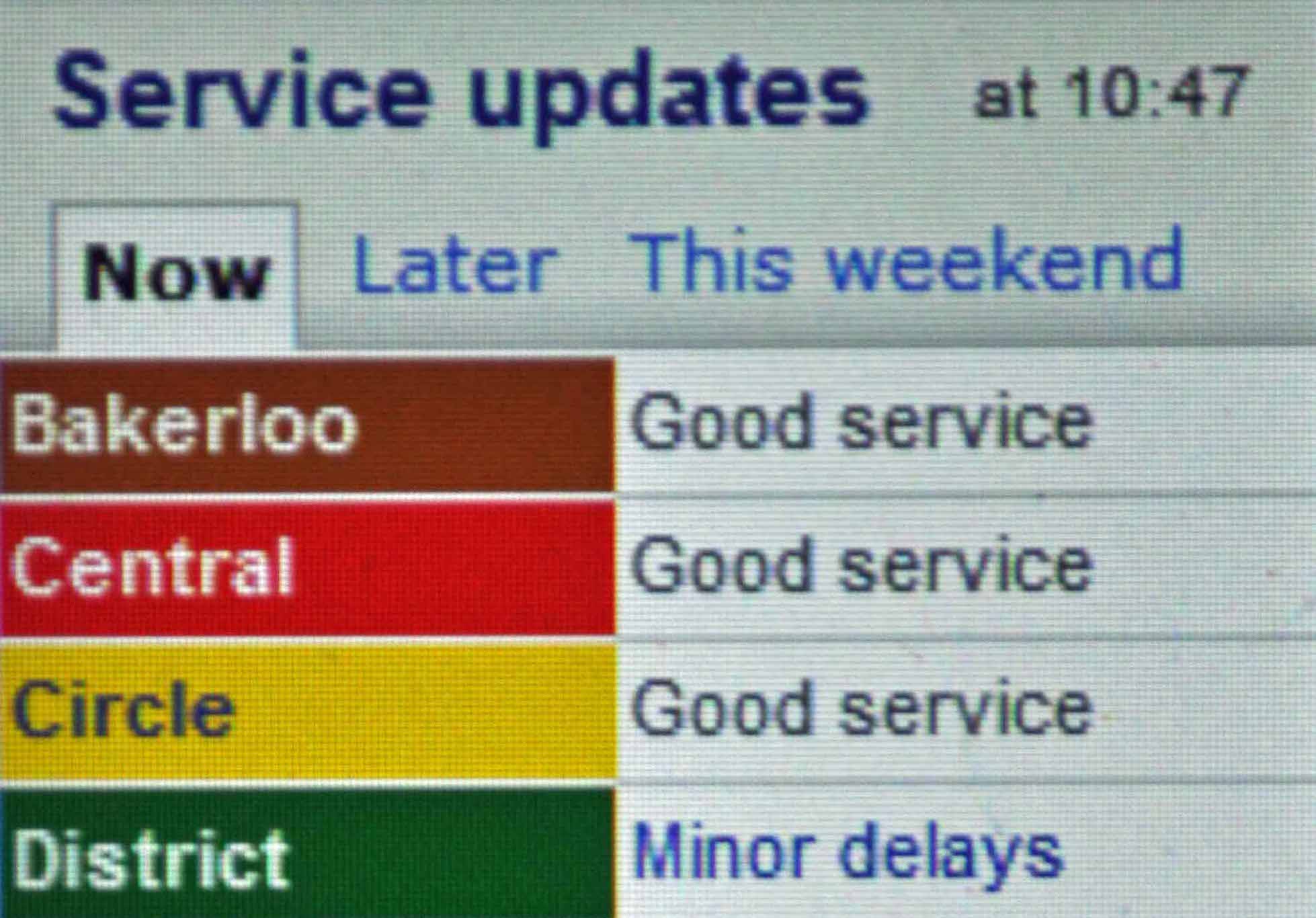We’ve all got linguistic pet hates, and I’ve got more than my fair share.
I can’t stand prior to (what’s wrong with before?), I loathe all of the (as a substandard variant of all the), and the incessant use of basically irritates me prodigiously.
Nor am I a great fan of the American English use of transportation (instead of transport), a word that in my view should be confined to its British English meaning of shipping convicts out to the colonies.
And it annoys me when Transport for London (Transportation for London?) announces that there is a good service on its underground lines when what they mean is normal service: good, surely, implies something above the average. After all, nobody ever said: ‘Good service will be resumed as soon as possible.’
Last year I was involved in an overseas translation project involving over a dozen translators. As we headed off for lunch early in the assignment, I suggested – as an icebreaker – that we all come with our linguistic pet hates. In no time at all they were coming thick and fast, and this formed the subject of conversation, on and off, for several days.
At one point, one of the translators held his arms aloft, twiddling the forefingers and middle fingers of both hands and saying that a linguistic pet hate of his was when people made this gesture to denote quotation marks. My response was: ‘That’s not a linguistic pet hate, that’s a paralinguistic pet hate.’
And I had only to mention the dreaded word uptalk to see people writhing in agony. In fact it surprised me when a few translators expressed unfamiliarity with this term – but once I started speaking in uptalk the message soon got through.
Some time ago – in fact many years ago now – I asked myself what my top three linguistic pet hates were. I could have chosen my top ten, or my top twenty-five. But, no, as an intellectual exercise I decided to limit myself to just three.
Years later, and they have not changed one jot: my top three linguistic pet hates remain my top three and will in turn be the subject of subsequent posts.

